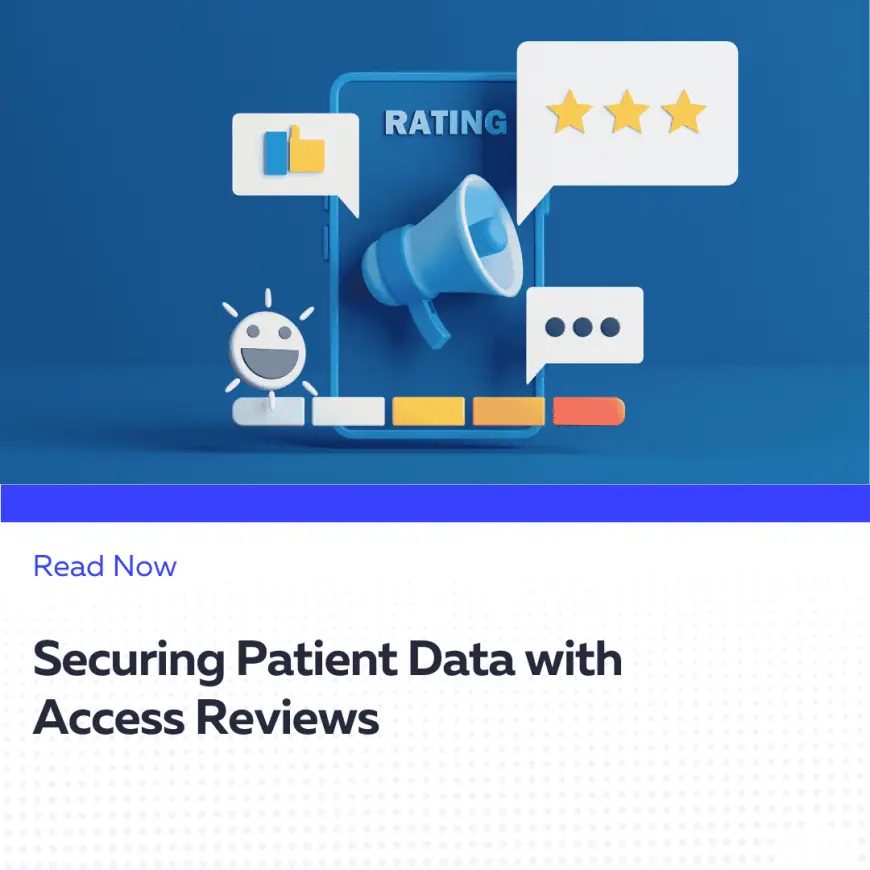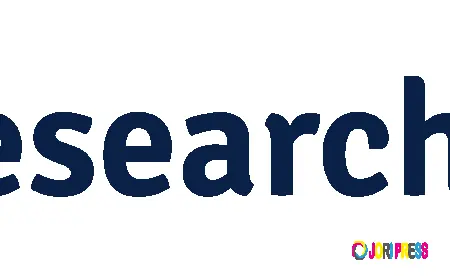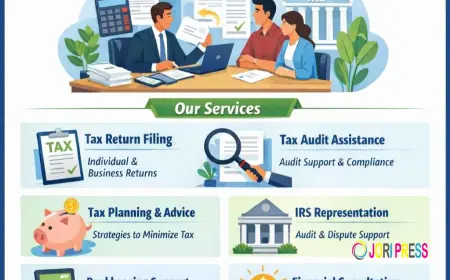Securing Patient Data with Access Reviews
Healthcare providers must protect sensitive patient records while meeting strict compliance requirements. This article explores how user access reviews and identity governance and administration (IGA) ensure HIPAA compliance, reduce insider threats, and enhance data security across healthcare systems.

Introduction
Healthcare organizations store some of the most sensitive information in existence—patient health records, insurance details, and personally identifiable data. The growing adoption of electronic health record (EHR) systems and telehealth services has expanded the attack surface, making healthcare a prime target for cybercriminals.
User access reviews, combined with identity governance and administration (IGA), play a critical role in protecting patient privacy, meeting regulatory obligations, and streamlining operations.
The Unique Cybersecurity Challenges in Healthcare
Healthcare networks are complex. Hospitals, clinics, and research centers often run a mix of legacy systems, cloud applications, and connected medical devices. This creates several challenges:
-
Overlapping user roles for clinicians, administrative staff, and contractors
-
Emergency access needs that can bypass standard security protocols
-
Shared workstations in clinical settings, making access tracking harder
-
Third-party vendor access for medical device maintenance or IT support
Without regular access reviews, healthcare organizations risk data breaches, unauthorized access, and non-compliance penalties.
Regulatory Landscape: HIPAA and Beyond
The Health Insurance Portability and Accountability Act (HIPAA) is the primary regulation governing patient data protection in the United States. It mandates safeguards to ensure that only authorized individuals can access protected health information (PHI).
Other relevant frameworks include:
-
HITECH Act for healthcare IT security enhancements
-
GDPR for organizations handling EU patient data
-
State-specific privacy laws like California’s CCPA
HIPAA violations can result in fines ranging from thousands to millions of dollars, along with reputational damage.
Mitigating Insider Threats in Healthcare
Not all threats come from outside. Insider risks—whether intentional or accidental—can cause severe damage. Examples include:
-
A nurse accessing a celebrity patient’s records without authorization
-
Administrative staff downloading PHI onto unsecured devices
-
Former employees retaining access to EHR systems
User access reviews ensure that each staff member’s permissions align with their role and that unnecessary access is revoked promptly.
Streamlining Clinical Operations with IGA
Beyond security and compliance, IGA solutions help improve day-to-day efficiency in healthcare environments:
-
Role-based access controls prevent delays in onboarding new staff by predefining permissions for common positions (e.g., physician, lab technician, billing clerk)
-
Automated workflows deactivate accounts instantly when staff leave or change roles
-
Audit-ready reports reduce time spent preparing for compliance inspections
By ensuring that users have the right access at the right time, healthcare organizations can reduce administrative bottlenecks and improve patient care delivery.
Managing Third-Party Access Risks
Medical equipment vendors, cloud service providers, and research collaborators often require temporary or limited access to healthcare networks. Without oversight, these accounts can become vulnerabilities.
Access reviews ensure:
-
Vendor accounts are time-bound and automatically expire after project completion
-
Permissions are restricted to only what is necessary
-
Detailed logs are maintained for every access request and approval
The SecurEnds Healthcare Advantage
SecurEnds provides healthcare organizations with:
-
Centralized visibility into all user accounts across EHR platforms, cloud apps, and on-premises systems
-
Integration with leading healthcare IT solutions like Epic, Cerner, and Allscripts
-
Automated HIPAA-compliant reporting for access certifications
-
Machine learning capabilities to flag abnormal access patterns
This allows healthcare IT teams to focus on patient care technology while maintaining robust security controls.
Conclusion
Protecting patient data is both a legal obligation and a moral responsibility for healthcare providers. User access reviews and identity governance and administration are critical for ensuring HIPAA compliance, preventing insider threats, and maintaining trust. With SecurEnds, healthcare organizations can secure sensitive information without slowing down patient care.
What's Your Reaction?
 Like
0
Like
0
 Dislike
0
Dislike
0
 Love
0
Love
0
 Funny
0
Funny
0
 Angry
0
Angry
0
 Sad
0
Sad
0
 Wow
0
Wow
0















































